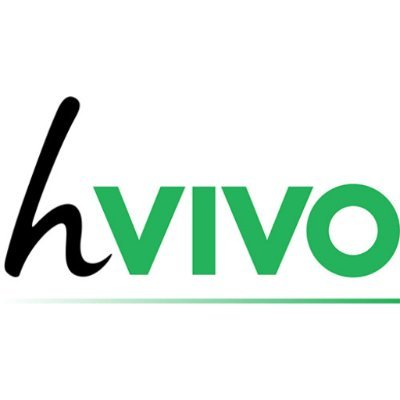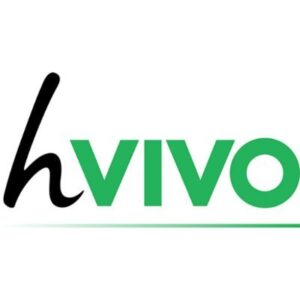Respiratory Syncytial Virus (RSV), discovered in 1956, is a common and contagious RNA virus responsible for a range of respiratory illnesses worldwide. Initially identified by Dr. Robert Chanock and colleagues in chimpanzees, RSV belongs to the Paramyxoviridae family and is known to cause mild to severe respiratory infections. While anyone can be affected, infants, the elderly, and immunocompromised individuals are particularly vulnerable to RSV, experiencing anything from cold-like symptoms to serious respiratory conditions.
The virus exists in two primary subtypes, RSV-A and RSV-B, which circulate concurrently, although RSV-A is generally linked to more severe cases. Seasonal patterns also play a significant role in its spread, with RSV peaking in the colder months in temperate regions but circulating year-round in tropical areas.
In children, RSV is a leading cause of bronchiolitis and pneumonia and accounts for a high rate of hospitalisations, especially among infants under six months. Globally, it is responsible for approximately 100,000 deaths annually in children under five, primarily in developing countries. Among the elderly, RSV poses a significant health risk, especially for those with pre-existing health conditions, leading to an estimated 60,000–160,000 RSV-related hospitalisations and 6,000–10,000 deaths per year in adults aged 65 and above in the United States. Immunocompromised individuals, including those undergoing treatments like chemotherapy, are also at higher risk for severe complications, experiencing more prolonged and intense symptoms.
To better understand RSV, researchers use human challenge models, which involve intentionally exposing volunteers to the virus in controlled settings. This method aids in the quicker and more cost-effective evaluation of potential vaccines and antiviral treatments by mimicking natural infection conditions. The RSV-Memphis-37b strain, isolated in 2001 from a young child, has become an essential tool in these studies, especially in evaluating symptoms, viral loads, and the effectiveness of treatments and vaccines. Recently, hVIVO, a company specialising in human challenge models, has prepared a new GMP batch of this strain, showing enhanced potency in laboratory testing and promising results in clinical trials.
The company is also working on the GMP manufacture of a new RSV-B strain known as RSV-B London. Early findings indicate favourable infection rates and a lack of notable mutations, providing an encouraging foundation for further testing and potential client use. This newly developed RSV-B strain, alongside Memphis-37b, reinforces hVIVO’s portfolio, enabling them to offer reliable virus models to expedite the research and development of RSV treatments.
hVIVO’s RSV strains, such as Memphis and London, serve as robust tools in accelerating RSV research. Developed under strict GMP conditions, these strains demonstrate consistent viral loads and reliable results, making them valuable for evaluating vaccines and antiviral drugs. With its extensive experience in human challenge models, hVIVO supports clients by reducing the time needed for effective RSV research, from preliminary testing to final product development.


